Aesthetics Regulation timeline in England, update
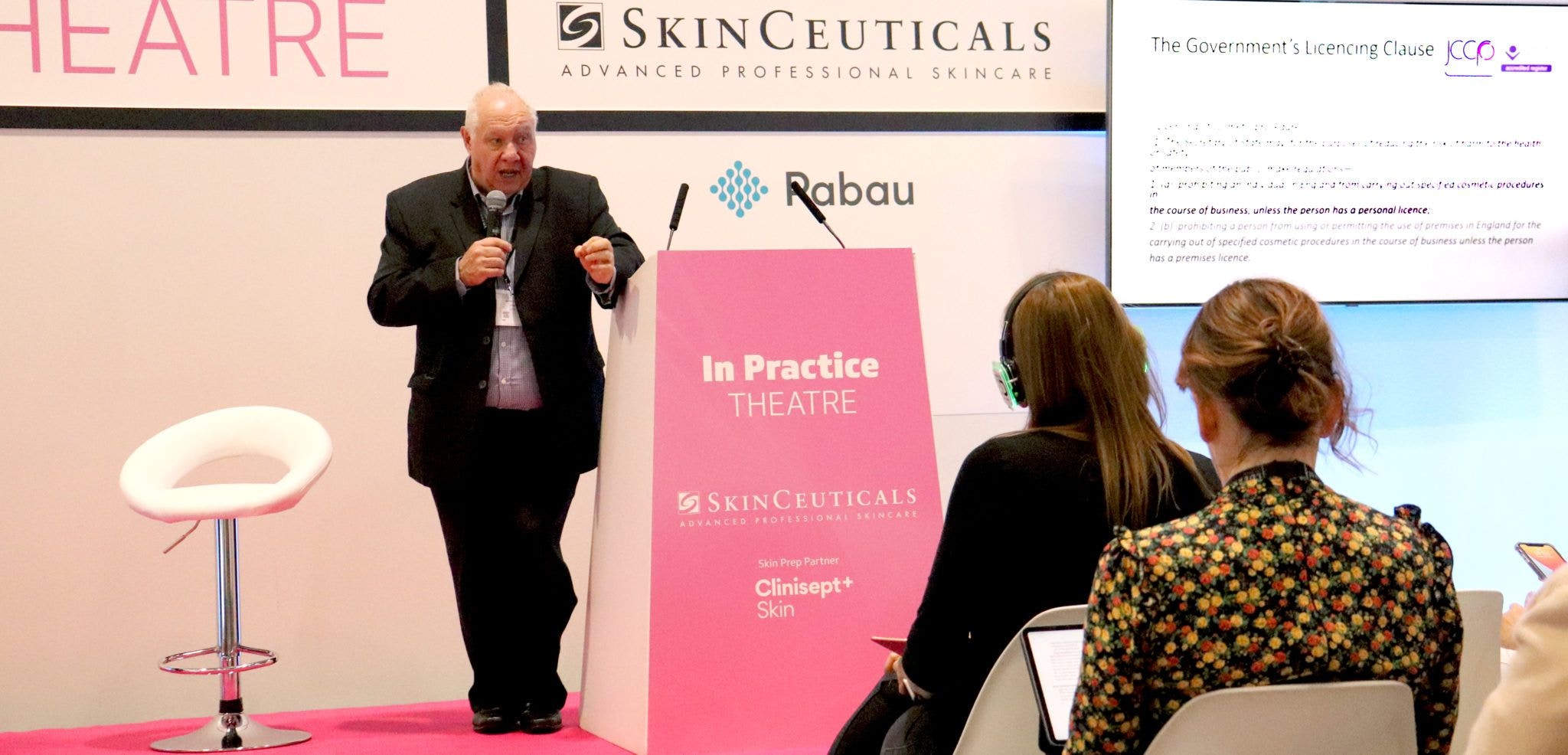
Everyone in the industry is understandably keen to know more about the aesthetics regulation timeline in England. The process for introducing legislation has been long and drawn out with seemingly little progress made. But has it stalled entirely?
We recently attended both a webinar and CCR London talk given by the Joint Council of Cosmetic Practitioners (JCCP) in order to update you...
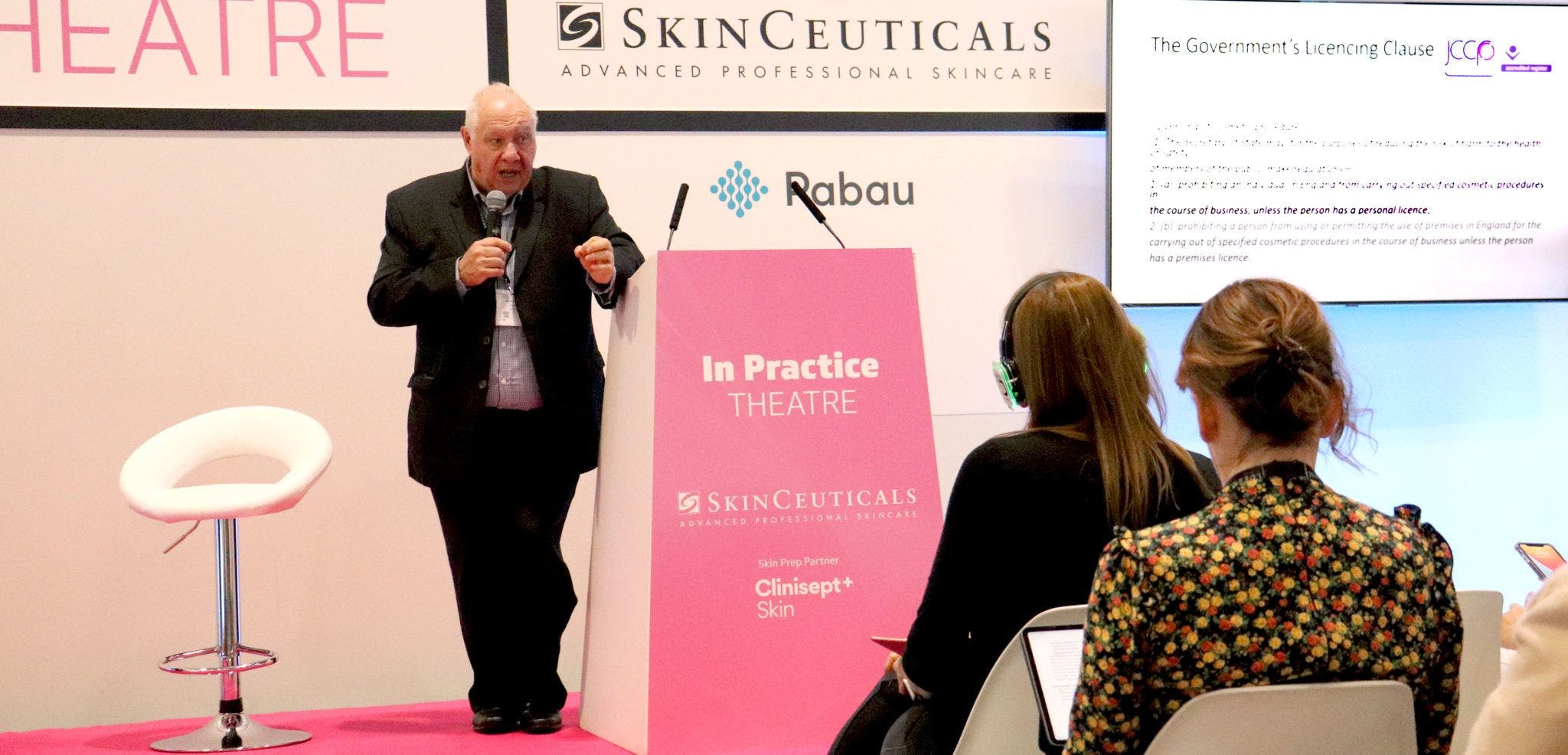
AESTHETICS REGULATION IN ENGLAND: WHERE ARE WE NOW
The UK is notoriously lax when it comes to aesthetics regulation. As a result, we are one of the only countries in the world to allow non healthcare professionals to offer non surgical aesthetics treatments to patients.
Each country within the UK sets its own aesthetics regulation guidelines and, whilst Scotland seems to be charging ahead with this, England is lagging behind.
In April 2021, a minimum age requirement of 18 years for cosmetic injectables in England was finally introduced.
This was followed in 2022 by an amendment to the Health & Care Bill which allowed the Health Minister the ability to shape future regulation for the aesthetics industry. Any future legislation will be composed by the Department of Health and Social Care.
Since this amendment to the Bill was passed, there has been no movement on any aspect of regulation with regards to aesthetic medicine.
AESTHETICS REGULATION IN ENGLAND: WHAT HAPPENS NEXT
We are currently awaiting a public consultation process, during which everyone – including practitioners both medically trained and lay injectors, patients, industry bodies and aesthetics companies – will be able to put forward their thoughts, concerns and suggestions for how best to regulate non surgical aesthetics in England.
Professor David Sines, Chair of the JCCP, advised during his talk at CCR London on Thursday 13 October 2022, that this consultation process is unlikely to take place before Spring 2023.
Some of the key points to be covered as part of this consultation include...
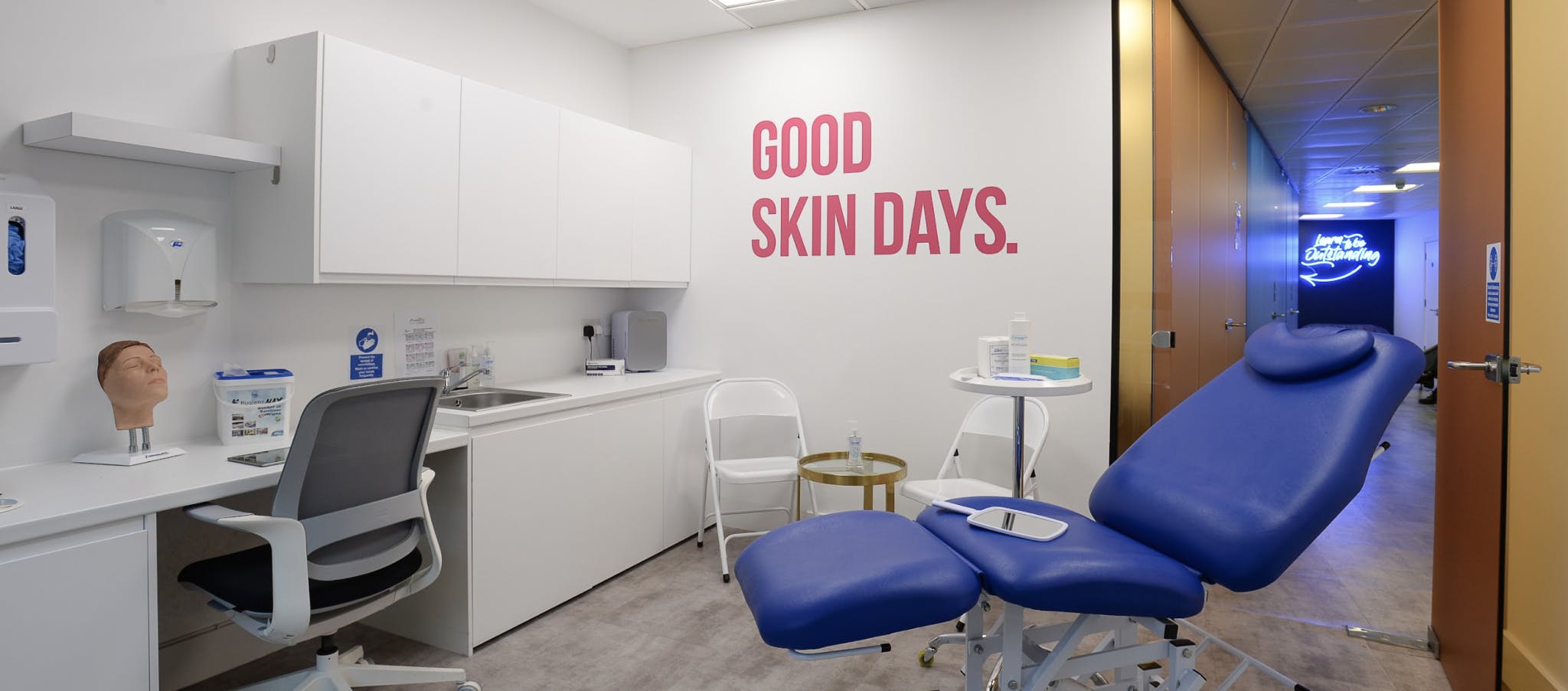
Introducing a licence for premises where non surgical aesthetics are carried out
Professor Sines advised in his CCR talk that the JCCP believes this is likely to be introduced sooner rather than later. Given practising from a safe and clean environment should be the absolute minimum patients can expect from their injectors, he felt this was something Environmental Health could tackle almost immediately.
He advised that, whilst inspections to ensure premises were ‘up to code’ – once the code has been set – would take place, he would prefer to see a specific introduction. This, he outlined as being one where individuals are given notice of the requirements their premises should meet.
Although there is a partnership and memorandum of understanding between the Chartered Institute of Environmental Health (CIEH) and the JCCP, it’s worth noting that there has been no official comment from CIEH with regards to timelines.
Prof. Sines believed there should then be an implementation timeline, following which inspections and spot checks should take place. Should any premises fail these reviews, they should be given advice and time to right the issues, before re-inspections take place. Any failures following this should result in sanctions – though what those sanctions should be was not stated.
Licences to be required for all aesthetics practitioners
There has been no action on this aesthetics regulation recommendation yet. However, the ability for this to become law has been actioned thanks to the aforementioned amendment included in the Health & Care Bill 2022.
What and whom the licence would cover, how to determine eligibility, etc is all thought to form part of the consultation process we are all eagerly awaiting.
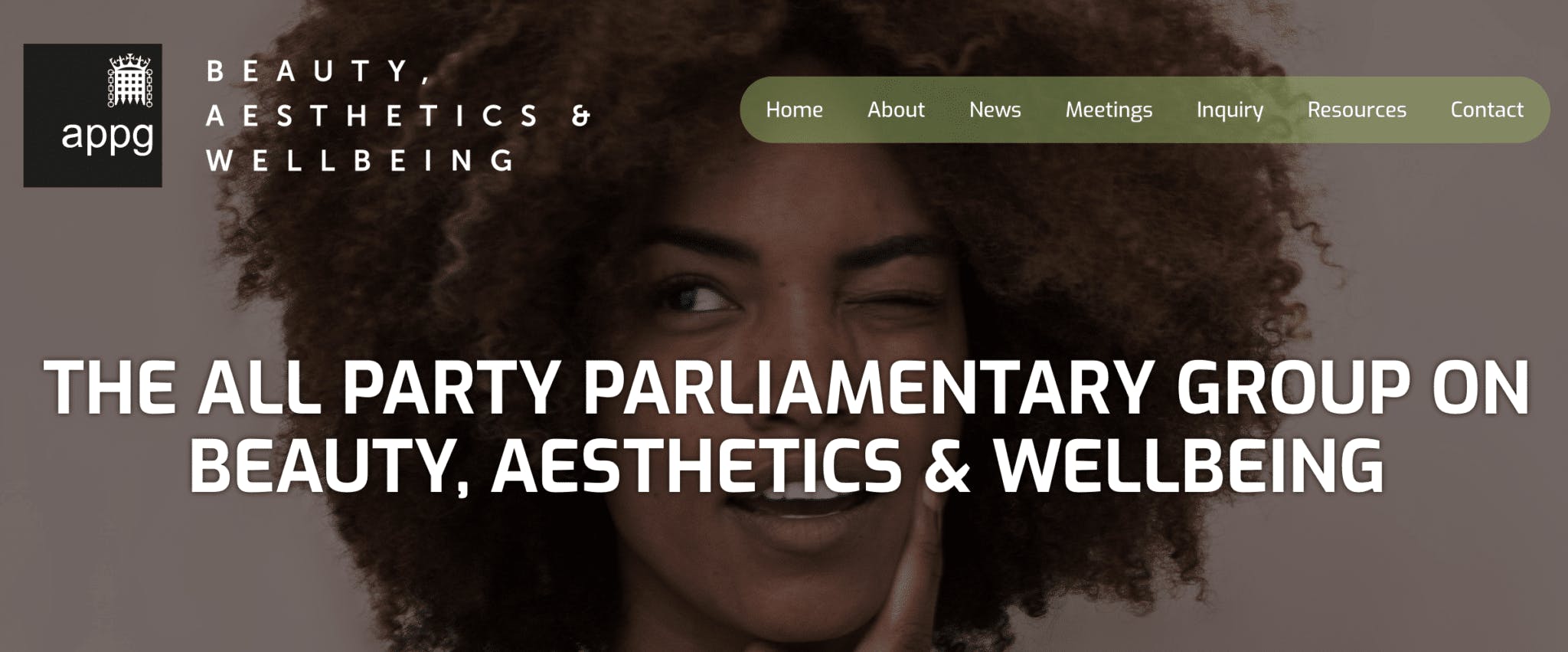
Minimum education standards to be required for all injectors
This has not been confirmed and is currently set to be considered as part of the public consultation process. Minimum education standards were raised as part of the 2021 recommendations set out following both the All Party Parliamentary Group’s proposals and the JCCP’s 10 Point Plan. The reason for this was to improve patient safety and to help determine who would be able to be awarded an aesthetics practitioner licence.
The APPG said in its report, “The Government must set national minimum standards for the training that all practitioners must be required to undertake to provide aesthetic non-surgical cosmetic treatments, based on the HEE and NOS standards. The aesthetics industry must work together to align and agree education and training frameworks. These frameworks must include annual CPD for all practitioners, medic and non-medic, to update their competencies and prove fitness to practice.”
All discussions surrounding this to date have revolved around any mandatory aesthetics qualifications to be mapped to the original Health Education England guidelines. The reason the Ofqual-regulated Level 7 in injectables has been repeatedly referred to in connection with this potential move, is because the Level 7 is the UK’s only aesthetic medicine qualification to meet this criteria.
The Level 7 in Injectables qualification can only be obtained by healthcare professionals – marking out medical injectors from lay practitioners. Should the government decide that non-medics should be allowed to continue to practice injectables, they would need to achieve a qualification equal to that of medical practitioners.
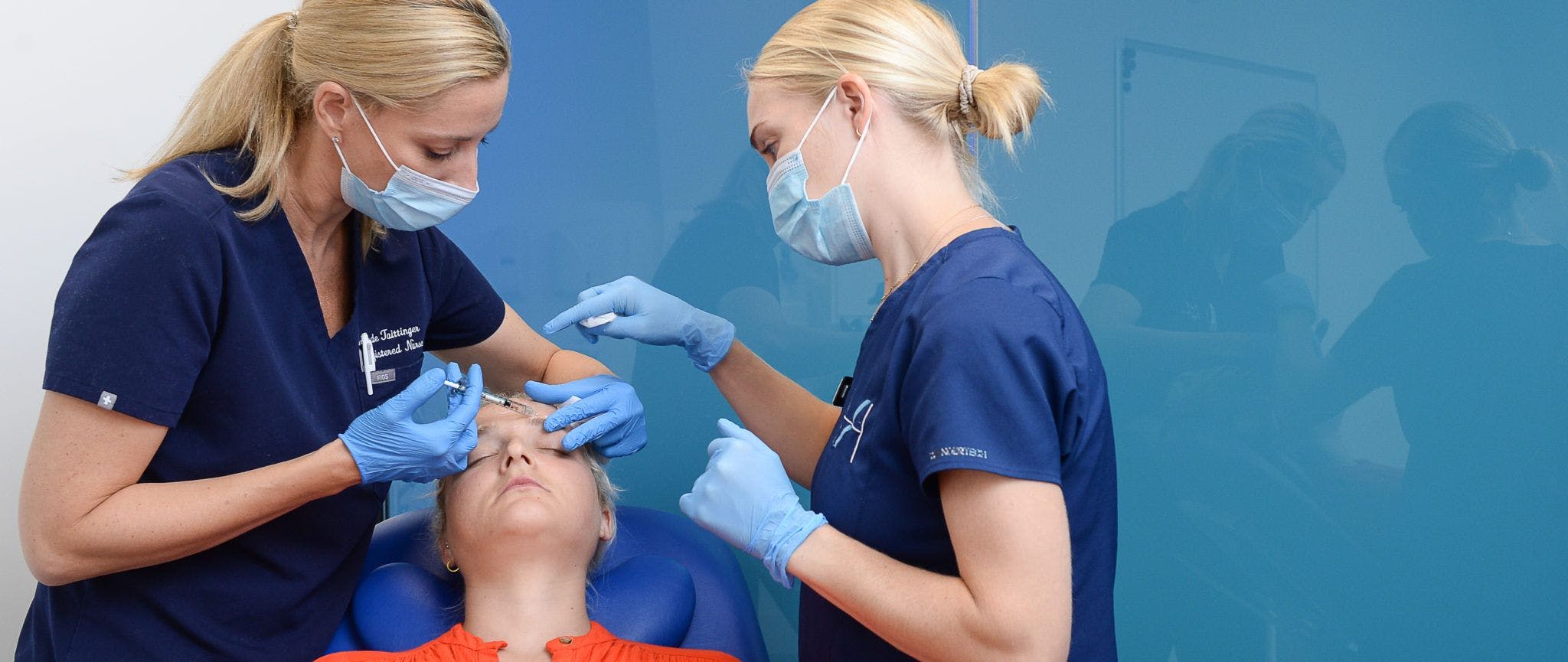
WHY THE LEVEL 7 QUALIFICATION IN INJECTABLES IS BEING DISCUSSED
The Level 7 in Injectables is a Master’s level postgraduate qualification. The first Ofqual-regulated Level 7 in Injectables was developed and launched by Harley Academy in 2016.. It was designed in adherence with the HEE guidelines. As stated, given much of the regulatory conversation to date has centred on education standards being mapped to the HEE guidelines, this is why the Level 7 has recently become a focus.
At Harley Academy, our Level 7 Diploma in Botox & Dermal Fillers course has only improved and expanded on these since.
Additionally, we introduced a Fast Track Level 7 qualification for experienced practitioners who wish to formalise their knowledge and skill level with an established qualification. This allows doctors, dentists, nurses and midwives to skip the practical training aspects with sufficient evidence of solid cases, in recognition of their prior learning. The examinations are the same for each Level 7 course, however.
The JCCP has introduced a JCCP Fast Track Assessment in conjunction with Harley Academy and Cosmetic Courses. This offers a non-qualification route to being able to join their practitioner register.
Until there is further guidance from the government bodies who will be setting the standard for any mandatory aesthetics qualifications as part of the regulatory review, no one knows what the exact outcome will be.
As such, whilst it is widely believed by those involved in the regulatory process that any likely qualification would be, or largely resemble, the Level 7, this has not been confirmed.
Harley Academy has always been at the forefront of pushing for better standards of education and patient safety within aesthetic medicine. We remain committed to our goals of raising the bar and helping healthcare professionals to achieve safe and ethical aesthetic excellence.
We will bring you updates on the aesthetics regulation timeline in England and the public consultation process as they become available.
All information correct at the time of publication
Download our full prospectus
Browse all our injectables, dermal fillers and cosmetic dermatology courses in one document
By submitting this form, you agree to receive marketing about our products, events, promotions and exclusive content. Consent is not a condition of purchase, and no purchase is necessary. Message frequency varies. View our Privacy Policy and Terms & Conditions
Attend our FREE open evening
If you're not sure which course is right for you, let us help
Join us online or in-person at our free open evening to learn more
Our Partners














STAY INFORMED
Sign up to receive industry news, careers advice, special offers and information on Harley Academy courses and services

